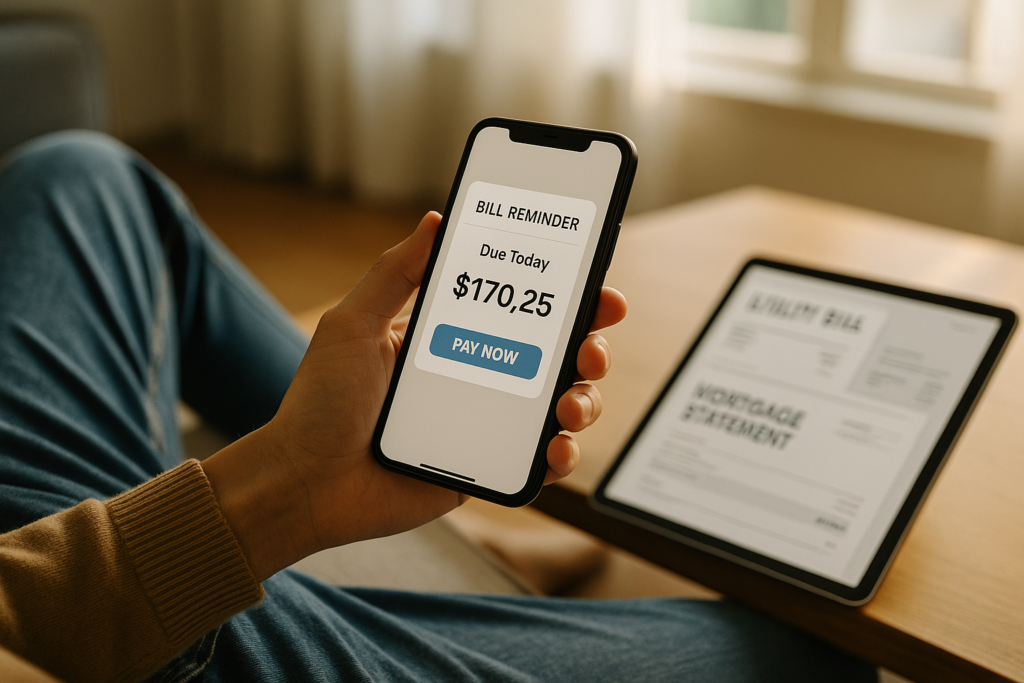Buy Now, Pay Later (BNPL) services have already transformed how consumers handle retail purchases, offering convenience and flexibility. But according to Deloitte’s 2025 Trend Report, this payment model is set to expand beyond traditional shopping into essential areas like housing and utility bills. This shift could significantly influence your personal finances and spending habits. Understanding what this means and how to navigate it is crucial for maintaining financial health in the evolving landscape of consumer credit.
What Is BNPL and Its Evolution
BNPL, or Buy Now, Pay Later, is a financing option allowing consumers to split purchases into smaller, interest-free payments over a period. Previously popular for retail items like electronics, fashion, and gadgets, BNPL providers like Afterpay, Klarna, and Affirm have become household names, especially among young consumers. Its appeal lies in its simplicity and the ability to manage cash flow without resorting to credit cards or traditional loans.
The Deloitte 2025 Trend Report and Its Predictions
Deloitte’s report highlights a pivotal shift: BNPL’s expansion into essential services such as housing and utilities. This addition means monthly bills—rent, electricity, water, internet, and even mortgage payments—could soon be payable through BNPL platforms. The report suggests that digital lenders, fintech firms, and even traditional banks are eyeing this space as a new frontier for consumer engagement and revenue.
Implications of BNPL Moving Into Housing and Utilities
Benefits for Consumers
- Enhanced Flexibility: Spreading out large bills over several months can ease monthly cash flow management.
- Accessibility: For individuals with fluctuating incomes or limited credit history, BNPL offers an alternative to high-interest loans.
- Digital Convenience: Seamless integration with banking apps and utility portals simplifies bill payments.
Risks and Challenges
- Increased Debt Burden: Habitual use of BNPL for essential bills can lead to unmanageable debt if not carefully monitored.
- Hidden Costs: Some platforms may impose late fees or interest if payments are missed, turning essential expenses into costly affairs.
- Impact on Credit Scores: While some BNPL services are not reported to credit bureaus initially, frequent late payments may affect your credit profile over time.
How to Use BNPL Responsibly for Housing and Utilities
If you consider utilizing BNPL services for your housing or utility bills, here are practical tips:
- Assess Your Budget: Ensure your monthly income comfortably covers existing expenses before adding installment payments.
- Compare Offers: Not all BNPL platforms offer the same terms. Use comparison tools available on [Find My Card] to find the best options for you.
- Understand the Terms: Check for late fees, interest rates, and repayment periods. Clarity prevents surprises at bill time.
- Avoid Overuse: Limit BNPL to emergency or larger unavoidable bills, not routine expenses, to prevent debt spirals.
- Monitor Your Credit: Keep an eye on your credit report. If your BNPL activity is reported, responsible payments can even boost your credit score.
Financial Tips to Navigate BNPL Expansion
As BNPL becomes more ingrained in essential spending, consider these general financial tips:
- Build an Emergency Fund: Having at least 3-6 months’ worth of living expenses can reduce the need for BNPL reliance during financial crunches.
- Prioritize High-Interest Debt: Pay off credit cards and high-interest loans first to avoid unnecessary costs.
- Review Your Budget Regularly: Adjust for changes in income or expenses to stay on top of payments.
- Use Digital Tools: Apps and platforms can help manage upcoming bills and payment deadlines efficiently.
FAQs About BNPL and Essential Payments
1. Is BNPL a good option for paying my rent or utility bills?
It can be helpful if used responsibly and for emergency situations. But it’s important to weigh the costs, terms, and your repayment ability before opting for BNPL.
2. Will BNPL affect my credit score?
It depends on the provider. Some report payments to credit bureaus, which can help improve your score if payments are on time. Missed or late payments, however, can negatively impact it.
3. Are there any hidden costs with BNPL services for housing and utilities?
Yes, some providers may charge late fees, processing fees, or interest if payments are missed or delayed. Always read the terms carefully.
4. How can I avoid falling into debt with BNPL?
Use BNPL sparingly and only for essential or large bills. Maintain a budget, pay on time, and monitor your overall debt levels.
5. Where can I find the best BNPL services for my needs?
Compare different platforms and their offers. Trusted sources include [FinWitty] for reviews and comparisons that can help you choose the right service.
As BNPL expands into more essential areas, staying informed and disciplined is key. Visit our blog for the latest updates and tips on smart financial management. To explore your options, check out our curated list of best credit cards and payment solutions tailored for your needs.

